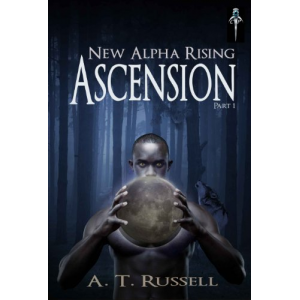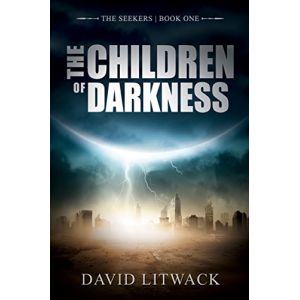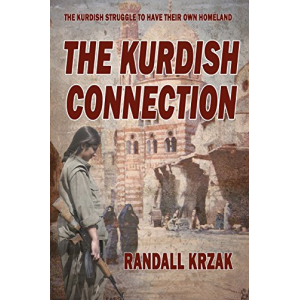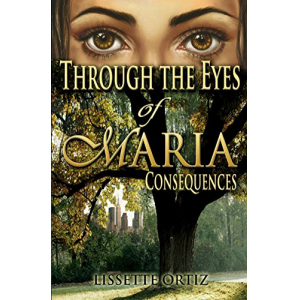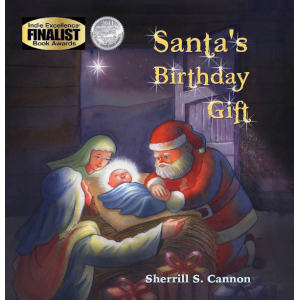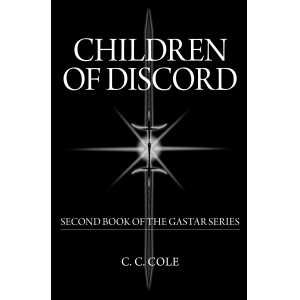- Author
- Book
- Story behind the book
- Media Links
- Reviews
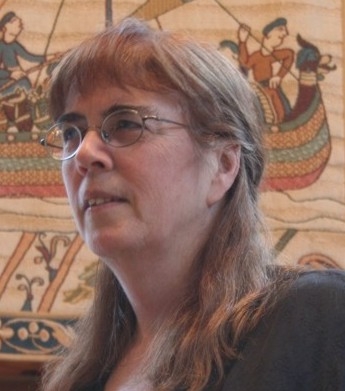
Mercedes Rochelle
About
I write Historical Fiction about 11th Century Britain. Come witness the tumultuous events surrounding the Viking Invasion with Canute the Great and his heirs. Visit late Anglo-Saxon England with Earl Godwine, Harold Godwineson, and King Edward the Confessor; see Macbeth's and Malcolm III's Scotland, and watch events unfold leading to the Battle of Hastings and the Norman Conquest..
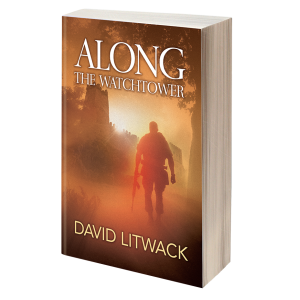
Along The Watchtower
Description
<p><strong><em>A tragic warrior lost in two worlds... Which one will he choose?</em></strong></p><p>The war in Iraq ended for Freddie when an IED explosion left his mind and body shattered. Once a skilled gamer as well as a capable soldier, he's now a broken warrior, emerging from a medically induced coma to discover he's inhabiting two separate realities.</p><p>The first is his waking world of pain, family trials, and remorse—and slow rehabilitation through the tender care of Becky, his physical therapist. The second is a dark fantasy realm of quests, demons, and magic, which Freddie enters when he sleeps. The lines soon blur for Freddie, not just caught between two worlds, but lost within himself.</p><p>Is he Lieutenant Freddie Williams, a leader of men, a proud officer in the US Army who has suffered such egregious injury and loss? Or is he Frederick, Prince of Stormwind, who must make sense of his horrific visions in order to save his embattled kingdom from the monstrous Horde, his only solace the beautiful gardener, Rebecca, whose gentle words calm the storms in his soul.</p><p>In the conscious world, the severely wounded vet faces a strangely similar and equally perilous mission to that of the prince—a journey along a dark road, haunted by demons of guilt and memory. Can he let patient, loving Becky into his damaged and shuttered heart? It may be his only way back from Hell.</p>
Story Behind The Book
In 1066, the rivalry between two brothers brought England to its knees. When Duke William of Normandy landed at Pevensey on September 28, 1066, no one was there to resist him. King Harold Godwineson was in the north, fighting his brother Tostig and a fierce Viking invasion. How could this have happened? Why would Tostig turn traitor to wreak revenge on his brother? The Sons of Godwine were not always enemies. It took a massive Northumbrian uprising to tear them apart, making Tostig an exile and Harold his sworn enemy. And when 1066 came to an end, all the Godwinesons were dead except one: Wulfnoth, hostage in Normandy. For two generations, Godwine and his sons were a mighty force, but their power faded away as the Anglo-Saxon era came to a close.
